New models predict biological age more robustly by pinpointing different age-related changes and distinguishing between cause and effect.


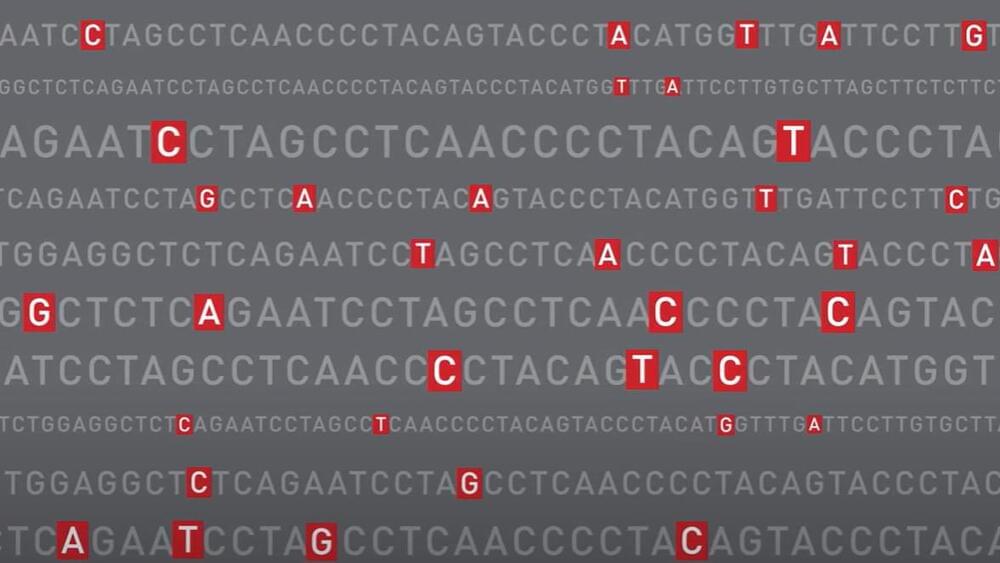
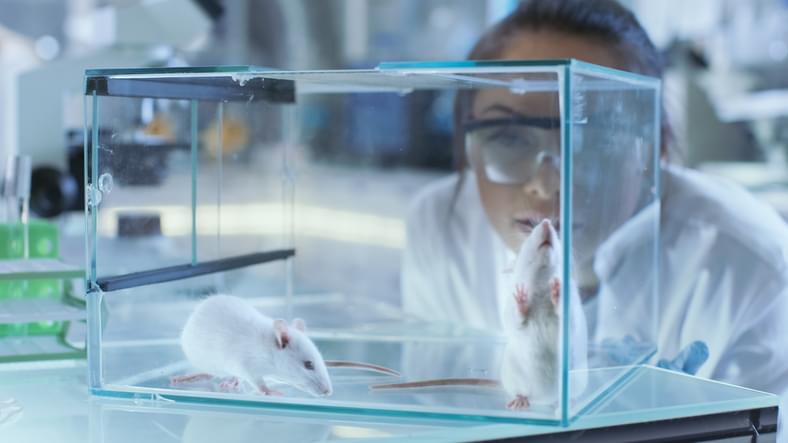
Neuroresearchers at Macquarie University in Australia say they have developed a single-dose genetic medicine that has halted the progression of both amyotrophic lateral sclerosis (ALS) and frontotemporal dementia (FTD) in mice. The team, which believes its approach may even offer the potential to reverse some of the effects of the fatal diseases, thinks it may also hold opportunities for treating more common forms of dementia, such as Alzheimer’s disease.
The new treatment, dubbed CTx1000, targets pathological build-ups of the protein TDP-43 in cells in the brain and spinal cord, which has been associated with ALS, FTD, and other forms of dementia. The scientists, led by Lars Ittner, PhD, hope to see CTx1000 begin human clinical trials in as little as two years. Their study “Targeting 14–3-3?-mediated TDP-43 pathology in amyotrophic lateral sclerosis and frontotemporal dementia mice” appears in Neuron.
“Amyotrophic lateral sclerosis (ALS) and frontotemporal dementia (FTD) are characterized by cytoplasmic deposition of the nuclear TAR-binding protein 43 (TDP-43). Although cytoplasmic re-localization of TDP-43 is a key event in the pathogenesis of ALS/FTD, the underlying mechanisms remain unknown. Here, we identified a non-canonical interaction between 14–3-3θ and TDP-43, which regulates nuclear-cytoplasmic shuttling,” wrote the investigators.
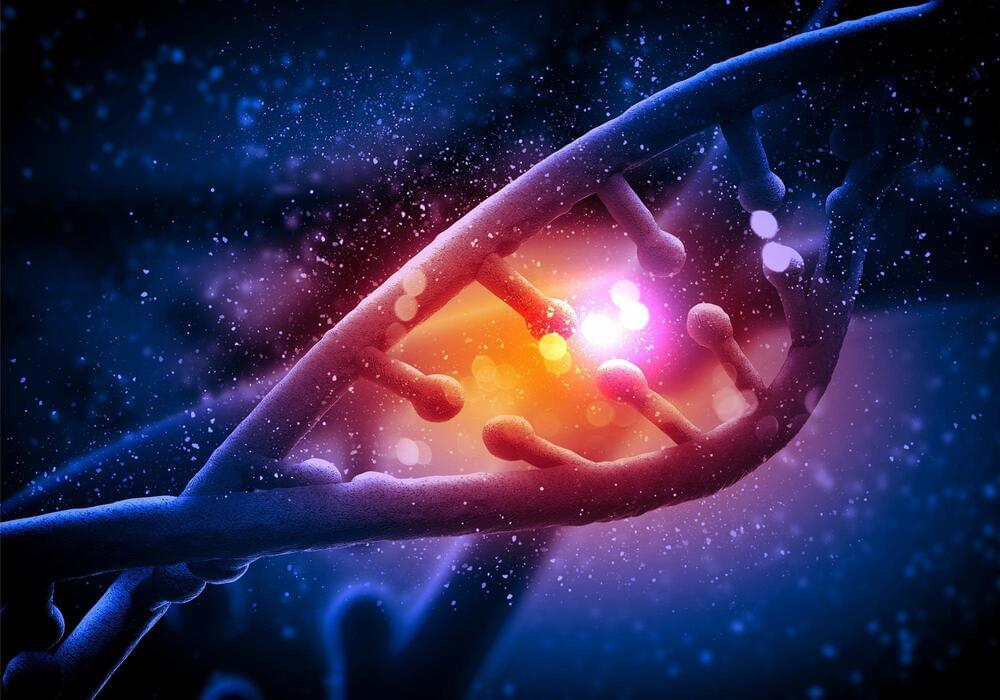
The human genome, a complex mosaic of genetic data essential for life, has proven to be a treasure trove of strange features. Among them are segments of DNA that can “jump around” and move within the genome, known as “transposable elements” (TEs).
As they change their position within the genome, TEs can potentially cause mutations and alter the cell’s genetic profile but also are master orchestrators of our genome’s organization and expression. For example, TEs contribute to regulatory elements, transcription factor binding sites, and the creation of chimeric transcripts – genetic sequences created when segments from two different genes or parts of the genome join together to form a new, hybrid RNA molecule.
Matching their functional importance, TEs have been recognized to account for half of the human DNA. However, as they move and age, TEs pick up changes that mask their original form. Over time, TEs “degenerate” and become less recognizable, making it difficult for scientists to identify and track them in our genetic blueprint.

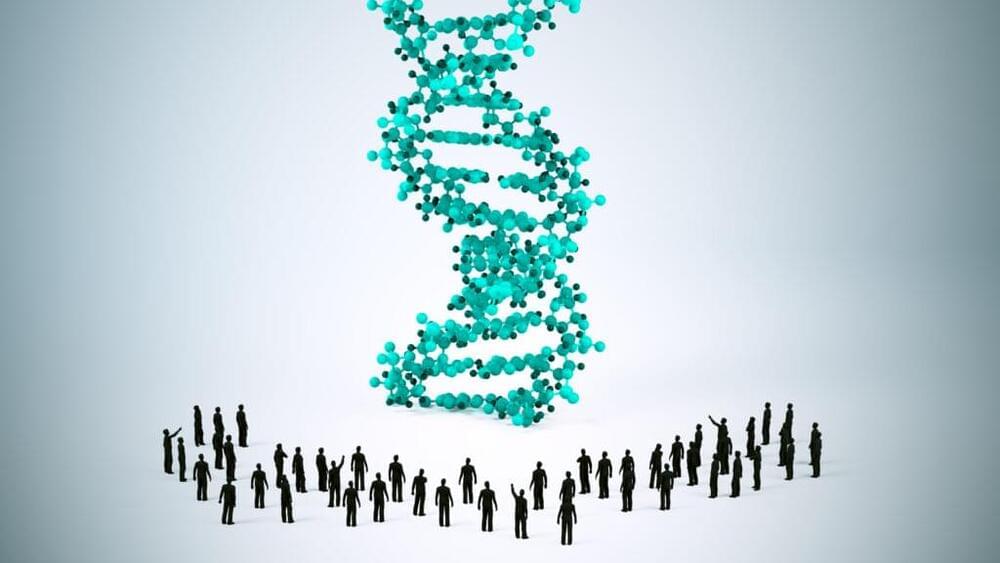
Although people of European descent account for less than one-quarter of the world’s population, their DNA disproportionately drives genetics research. Between 2005 and 2018, the majority of genome-wide association studies were conducted with data from people living in just three countries — the United Kingdom, the United States, and Iceland.
“The paradox of precision medicine is that you have to have a ton of different kinds of people to figure out one person really well,” said Josh Denny, CEO of the All of Us research program. “There’s still so much we don’t understand about the human genome, especially about rare variation. Huge projects like ours are really helping to accelerate that understanding.”
All of Us has recruited more than 750,000 volunteers to provide survey responses about their health, medical records, and if they’re willing, biological samples for molecular and genetic testing. Genetic data from some participants have been available for researchers since 2020, but the new release this week includes the whole genome sequences of nearly 250,000 participants — half of whom are of non-European ancestry.
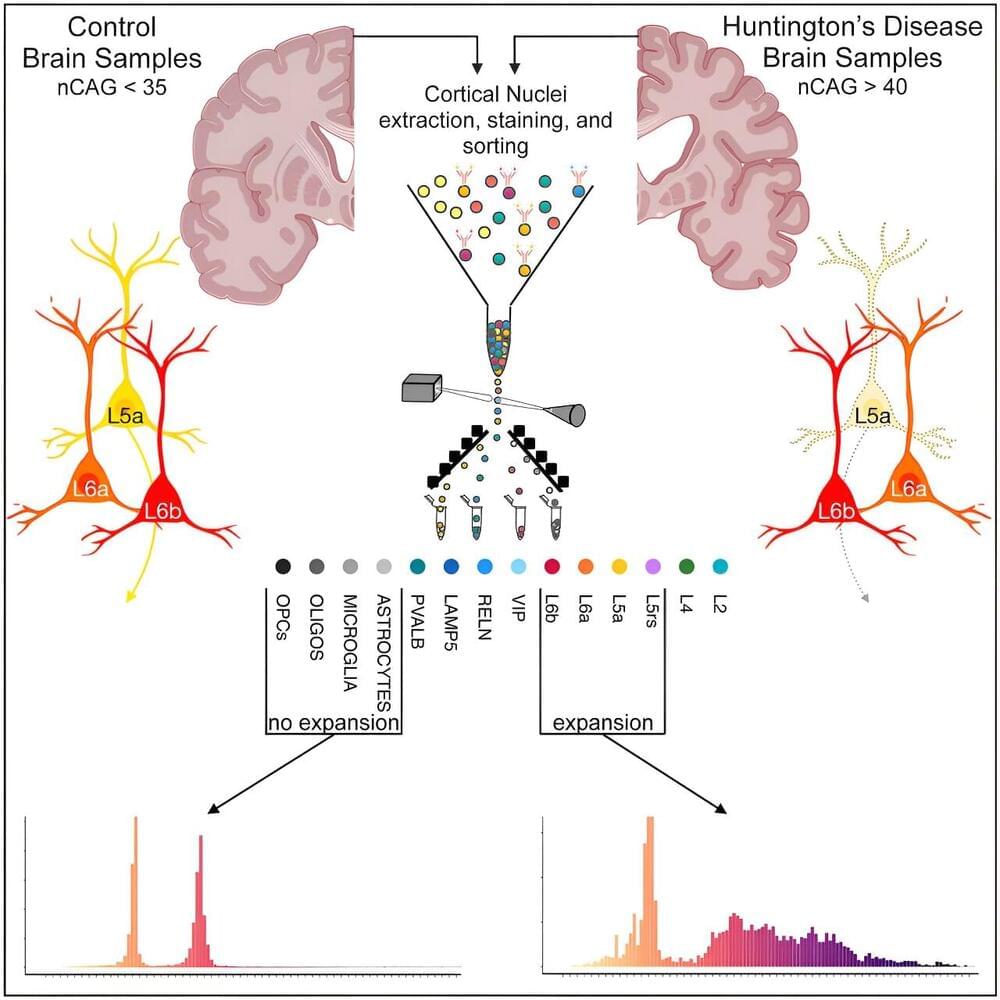
Neurodegenerative diseases are among the most complex human ailments, and their exact causes and mechanisms are the subject of ongoing research and debate. When it comes to Huntington’s disease, steadily accumulating evidence over the past 30 years has led to a model of molecular events that explains several key features of the disease, including why it has an earlier onset in some people and why it causes symptoms such as involuntary movements and mood swings.
But two new complementary papers from The Rockefeller University suggest that this may not be the whole story.
Huntington’s is caused by somatic CAG expansions in which a triplet repeat of DNA bases in a mutated Huntingtin (mHTT) gene increase in number throughout life, leading to cell death. As described in Nature Genetics and in Neuron, the Rockefeller scientists used a custom technique to reveal that these genetic repeats are unstable, and likely producing more toxic proteins, only in select brain cell types. Moreover, some cells they studied proved surprisingly resilient to CAG repeat expansion.
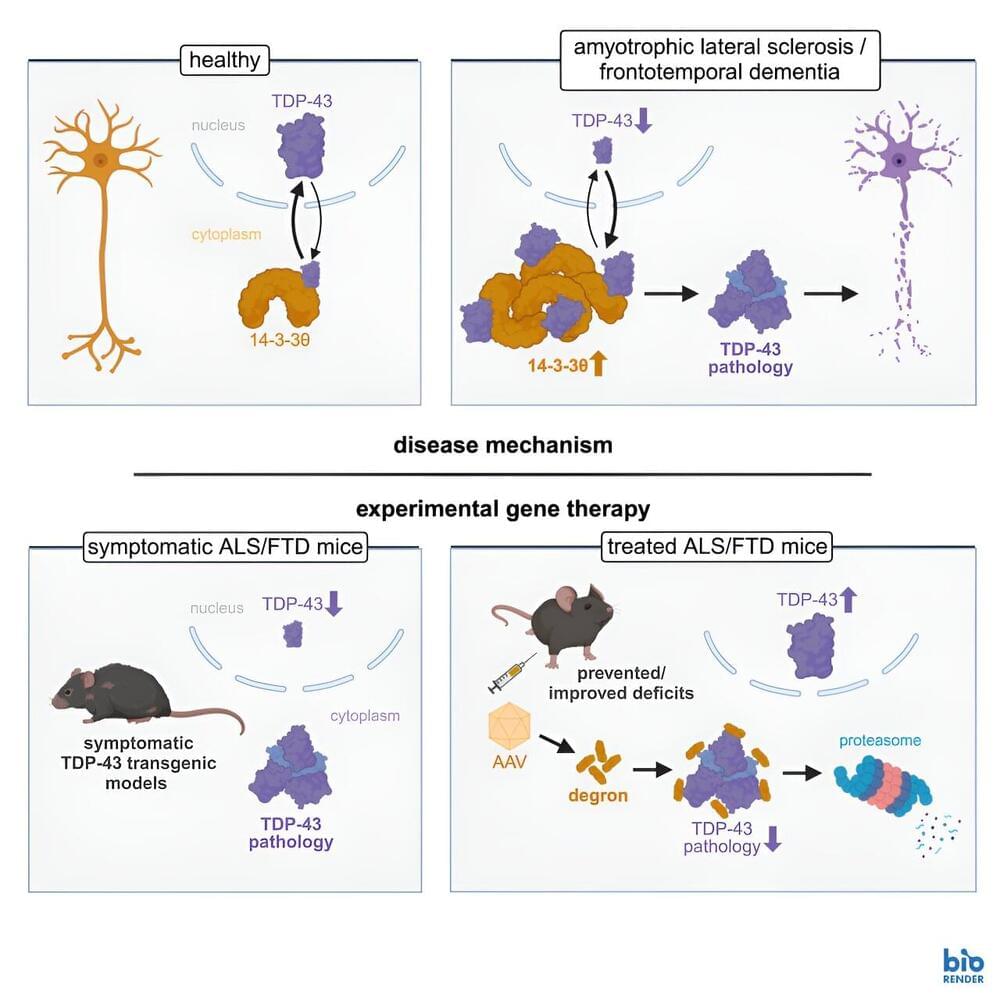
Macquarie University neuroscientists have developed a single-dose genetic medicine that has been proven to halt the progression of both motor neuron disease (MND) and frontotemporal dementia (FTD) in mice—and may even offer the potential to reverse some of the effects of the fatal diseases.
It may also hold opportunities for treating more common forms of dementia, such as Alzheimer’s disease, which is the second most common cause of death in Australia after heart disease.
The new treatment, dubbed CTx1000, targets pathological build-ups of the protein TDP-43 in cells in the brain and spinal cord.
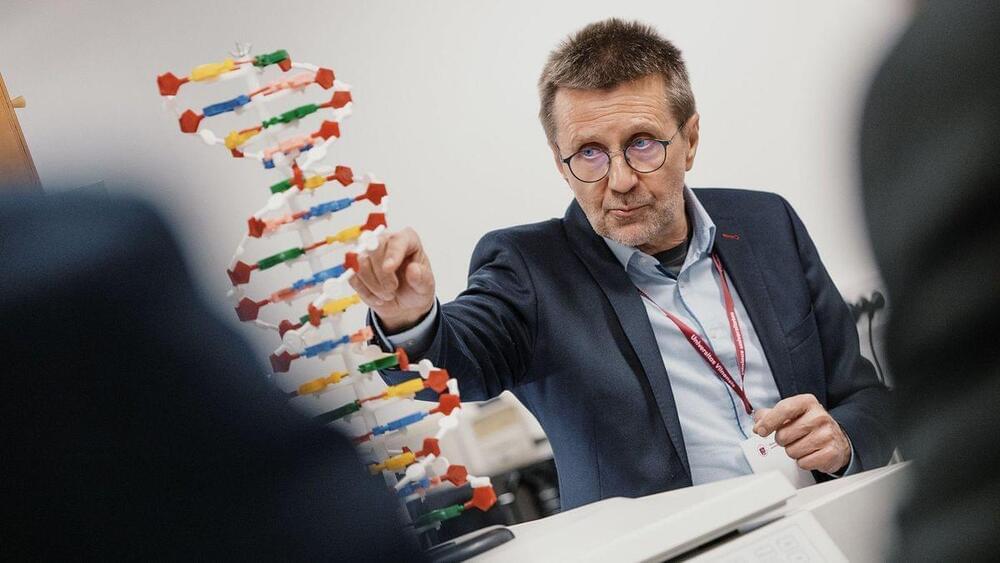
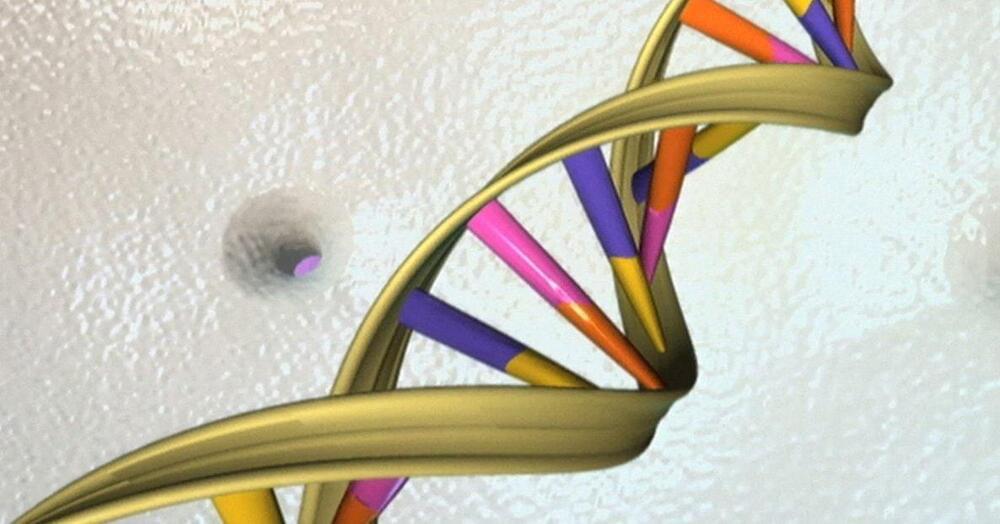
CHICAGO, Feb 19 (Reuters) — A study that analyzed the genetic code of a quarter of a million U.S. volunteers found more than 275 million entirely new variants that may help explain why some groups are more prone to disease than others, researchers reported on Monday.
The whole genome sequencing data from a wide range of Americans aims to address the historical lack of diversity in existing genomic datasets by focusing on previously under-represented groups. The U.S. National Institutes of Health-funded “All of Us” study turned up 1 billion genetic variants in total.
“Sequencing diverse populations can lead to new drug targets that are relevant to everyone,” said Dr. Josh Denny, a study author and its chief executive. “It can also help uncover disparities that lead to specific treatments for people that are experiencing higher burdens of disease or different disease.”